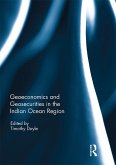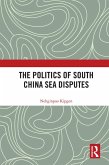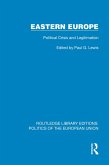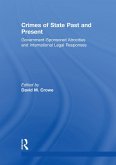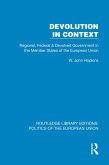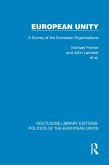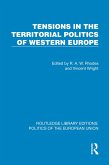All four post-Cold War presidents have attempted to negotiate and ratify at least one major arms control agreement. However, their experiences with arms control treaty ratification have differed greatly from those of their Cold War predecessors. The main theme of this book is that domestic politics have significantly impacted attempts to ratify arms control treaties in the polarized post-Cold War political environment. Each president and each treaty faced varying amounts of support and opposition from the numerous institutions and agents within American foreign policy-making. This book uses an eight-point analytical framework to examine five post-Cold War arms control treaty ratification debates in order to try and determine what political conditions or variables account for their success or failure.
Dieser Download kann aus rechtlichen Gründen nur mit Rechnungsadresse in A, B, BG, CY, CZ, D, DK, EW, E, FIN, F, GR, HR, H, IRL, I, LT, L, LR, M, NL, PL, P, R, S, SLO, SK ausgeliefert werden.



